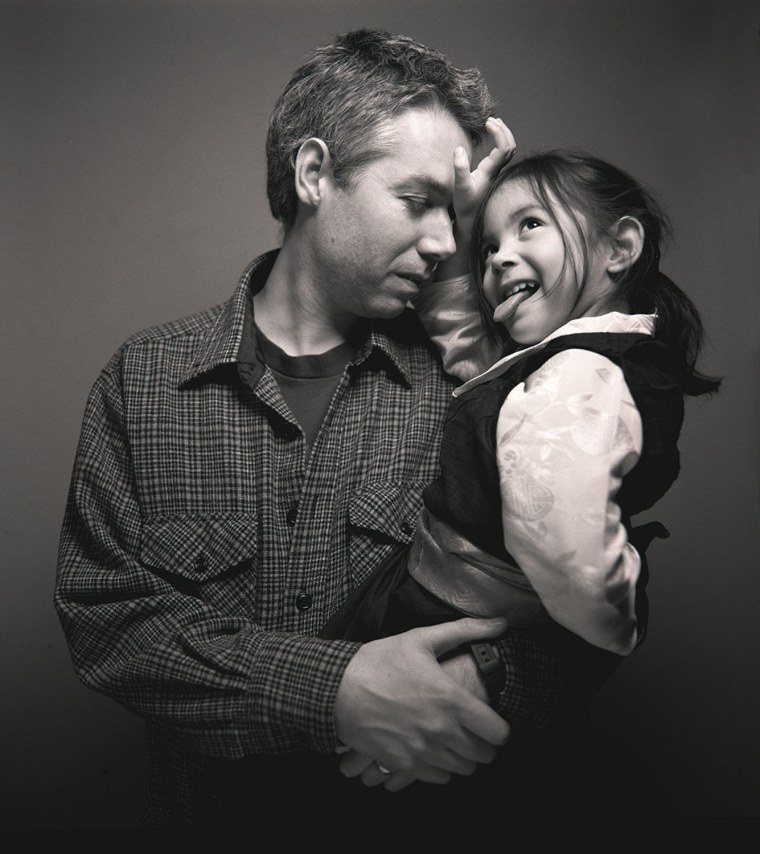“He’s the only one of them that sounds real.” Those were the words a friend said to me describing the voice of Adam Yauch back when the Beastie Boys first broke big in early 1987. Yauch, who died May 4, was known then as MCA. He was one-third of the rap trio, who were considered something of a novelty act when they emerged, since they were a white group performing in a genre originated by African-Americans, and acting pretty silly in the process.
All that changed as the years passed and the Beastie Boys came to be recognized for their mixing of rap and rock, which influenced countless artists. But back when America first met the Beasties, what the country heard were three very distinct voices: the comedic nasal whine of Adam Horovitz (King Ad-Rock), the everyman tone of Michael Diamond (Mike D.) and the gruff bark of Yauch.
It was the last of these that kept the Beastie Boys from sounding entirely like a joke band. Yauch’s aggressive intonation on the band’s first album, “Licensed to Ill,” brought a realness and grittiness to the music that threw into question whether the band was really kidding around.
They were kidding, of course. Any ideas about authenticity went out the window when word got out that the three Beasties all had rather privileged upbringings. But as the late rock critic Lester Bangs once wrote, the point of any great artist is not to be authentic, but to sound authentic. “Dylan faked his whole career; the only difference was that he used to be good at it and now he sucks,” Bangs wrote in the late 1970s. And with Yauch’s voice among the three, the Beasties were able to pull off a clever balancing act, alternating between the real and the ridiculous, and making their music much more interesting in the process.
When the band started to grow in the early 1990s, it was Yauch’s embracing of Buddhism that brought a new social consciousness to the band -- something that would have been unheard of in the days when they used an inflatable phallus as a stage prop on their “Licensed to Ill” tour. On the opening track of the 1994 album “Ill Communication,” it was Yauch who sang the lines denoting this change of heart:
“I want to say a little something that’s long overdue/the disrespect to women has got to be through/to all the mothers and sisters and wives and friends/I want to offer my love and respect to the end.”
From there, the Beasties began to seriously get behind social change and embrace charitable causes, lending their support to the ASPCA, the Food Bank for New York City, Habitat for Humanity and death-row inmate Mumia Abu-Jamal. Whether you agreed with what they got behind or not, the fact that the Beasties became serious showed that it was possible for even the most ridiculous groups to grow old gracefully. And it was largely Yauch’s influence that led the way.
Yauch was 47 and left behind a wife and daughter.
Related content:
